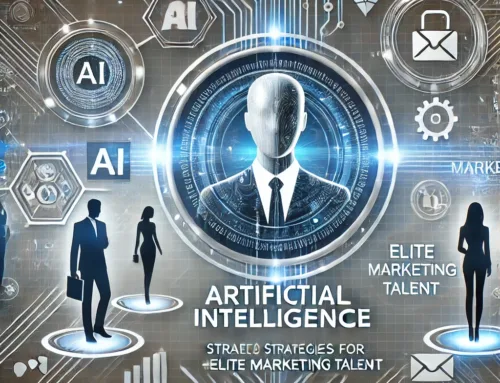By Chris Isidore, senior writer – September 8, 2010
NEW YORK (CNNMoney.com) — Does allowing the jobless to get nearly two-years of unemployment checks give them an incentive to not work?
When Congress debated whether to extend unemployment to a record 99 weeks, some Republicans said that the unemployed are staying home collecting benefits when they could otherwise be working.
"[An unemployment extension] doesn't create new jobs. In fact, if anything, continuing to pay people unemployment compensation is a disincentive for them to seek new work," Jon Kyl, R-Ariz., argued during Senate debate in March.
And with the current extended benefits due to expire soon after November's mid-term elections, that argument seems to be gaining some traction.
The extension of benefits "is almost surely the culprit" behind sky-high unemployment, argued Robert Barro, Harvard University economics professor, in a recent Wall Street Journal column.
Barro said unemployment, now at 9.6%, would be less than 7% if unemployment benefits had not been extended.
"If people have different incentives to be searching and accepting jobs, it would make a big difference how many jobs would actually be filled," Barro told CNNMoney.
Barro admits his estimate is more of a rough approximation than a hard economic forecast.
"I don't claim the research I did was definitive. It was saying 'What if the increase in long-term unemployment was all related to this extension of benefits, what would the numbers maybe look like,'" he said. "It was partly motivated by trying to get more people to work on this topic."
Critics of extended unemployment often point to research by Lawrence Katz, a Harvard economics professor and a leading expert on the topic, which showed that more generous benefits have historically raised the unemployment rate. But even Katz himself says his previous research is dated, based on data from the 1970's and 1980's when workers were more likely to be temporarily laid off, rather than permanently displaced, as is the norm today.
"The most compelling research suggests only modest impacts of extensions on the search effort and duration of unemployment," Katz said while testifying before Congress in favor of extended benefits earlier this year.
A study by the San Francisco Federal Reserve found there is very little difference between the length of unemployment for those receiving unemployment checks and those who don't qualify for benefits.
During Senate debate, Max Baucus, D-Mont., argued that everyone collecting unemployment benefits would rather be working, but with five unemployed workers for every opening, they don't have a choice.
"The [unemployment] payments are so much lower than a salary or wage would be," said Baucus.
Raj Chetty, another Harvard economics professor, said that when the economy is closer to full employment, extended benefits can deter workers from accepting jobs below their skill level and cause labor shortages for employers looking for help. But that is clearly not the case today.
"I don't think it's a good idea to have 99 weeks of unemployment in general. But in the current state of the economy, with a severe recession it makes sense," he said.
And the extra benefits can also stop the economy from slowing further, Chetty said. The additional billions the government is spending on extended benefits is quickly being spent on necessities, which helps reduce unemployment by increasing economic activity.
"Most people who lose their jobs don't have much in the way of savings," he said.
Eliminating extended benefits could lower the unemployment rate, Chetty agreed, but not because it would put people back to work. Rather, it would cut the number of people being counted as unemployed.
The government only tracks those who have looked for work in the previous four weeks, and workers collecting unemployment must be actively searching. So without an extension, many long-term unemployed would simply give up, resulting in a deceiving drop in the reported unemployment rate without a corresponding increase in jobs.
Isidore, Chris. "Does Extending Jobless Benefits Raise the Unemployment Rate? – Sep. 8, 2010." Business, Financial, Personal Finance News – CNNMoney.com. 08 Sept. 2010. Web. 08 Sept. 2010. <http://money.cnn.com/2010/09/08/news/economy/unemployment_extensions/index.htm>.
Share This Story, Choose Your Platform!
What our happy clients are saying
Contact Us for a Free Consultation
Tell us more about your business and how we can help.











